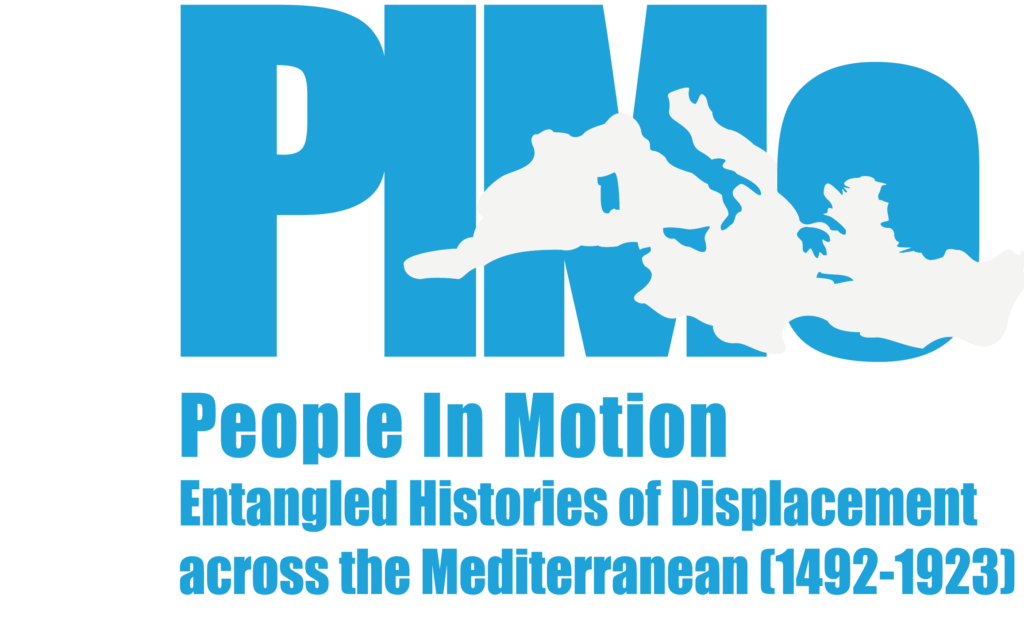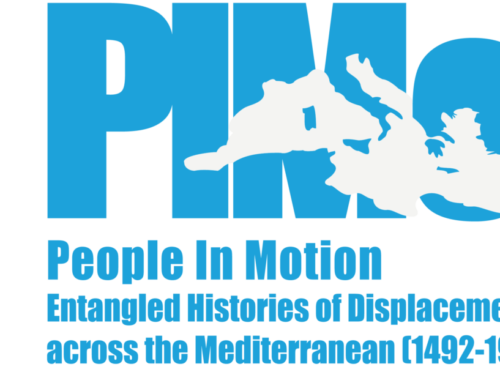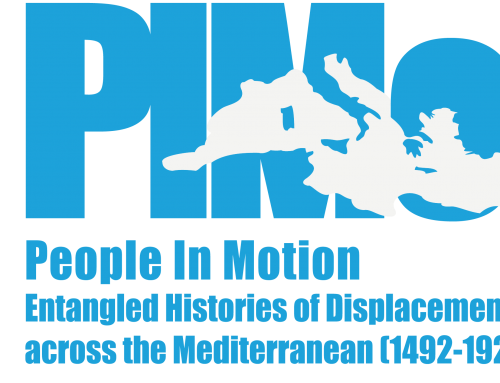|
|
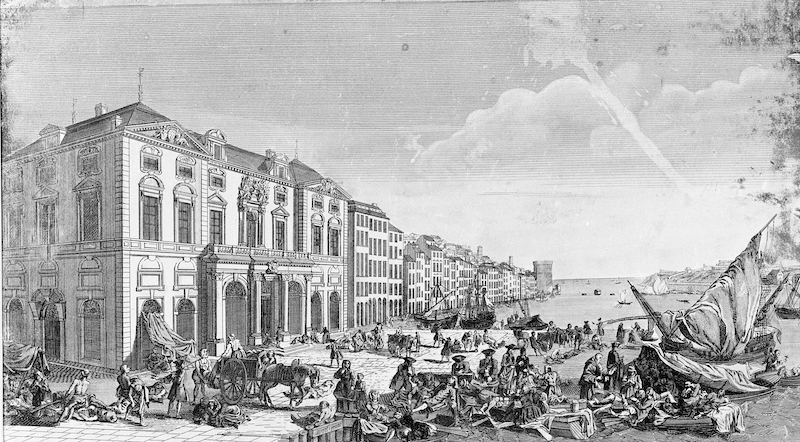
The port of Marseille during the plague in 1720. Coloured etching after M. Serre. Credit: Wellcome Collection. Attribution 4.0 International (CC BY 4.0)
Although network members have been grappling with the challenges of adapting to methods of working and living in the midst of a public health crisis, the work of PIMo has continued apace. Indeed, the context of the pandemic has given rise to a new and exciting collaboration with the Cyber Review of Modern Historiography (CROMOHS) based out of the University of Florence. Working with colleagues from COMOHS, network members have launched the Contagion series of podcasts exploring the history of pandemics and public health in the broad Mediterranean space. Particular credit is due here to Action Chair Giovanni Tarantino and PIMo member and podcast series editor David Do Paço. You can follow the links below to the videos of each podcast and keep an eye on our website for future episodes:
Podcast 1: ‘Lazarets Never Aimed to Stop Circulation’, Dr David Do Paço
Podcast 2: ‘The Turks and the Plague in the 18th Century,’ Prof Ann Thomson
Podcast 3: ‘Disposing of corpses during World War I,’ Dr Romain Fathi
If you would like to contribute to this series, please contact either Giovannai Tarantino or series editor David Do Paço.
We have also seen the publication two new and fascinating reflection pieces by the leader of Working Group 3, Prof José María Pérez Fernández, that are highly recommended reading:
How to Do Things with Paper in King Lear
Turcimanarie e carte d’ogni sorte: Translation, Trade, and Paper in Sixteenth Century Venice
Again we would welcome any proposals for Reflection pieces from PIMo members or collaborators.
PIMo was delighted to organise the successful inaugural virtual seminar ‘Visual Grammars of Globalization’ on Wednesday May 6th. Led by Giovanni Tarantino and co-organised with the Interuniversitario di Studi di Storia Globale (GLOBHIS), the event featured a number of PIMo members in fascinating discussions of the material cultural that has emerged from the connected histories of spaces in the Mediterranean and beyond. You can peruse the programme for the event here: Visual Grammars of Globalization programme.
Finally, we are delighted to announce the forthcoming publication of the volume: Encounters at Sea: Paper, Objects and Sentiments in Motion Across the Mediterranean. An intellectual journey through the collections of the Riccardiana Library in Florence (Florence: Bandecchi e Vivaldi, 2020). Edited by PIMo members Giovanni Tarantino, Giorgio Riello, José María Pérez Fernández, this volume represents the culmination of an extensive collaboration between our project and Florence’s Biblioteca Riccardiana. With an afterword from Cátia Antunes, Leader of Working Group 4, this publication represents a major contribution from our project to the scholarship on mobility, material culture and the history of emotions in the Early Modern Mediterranean space.
Future Plans and Upcoming Events
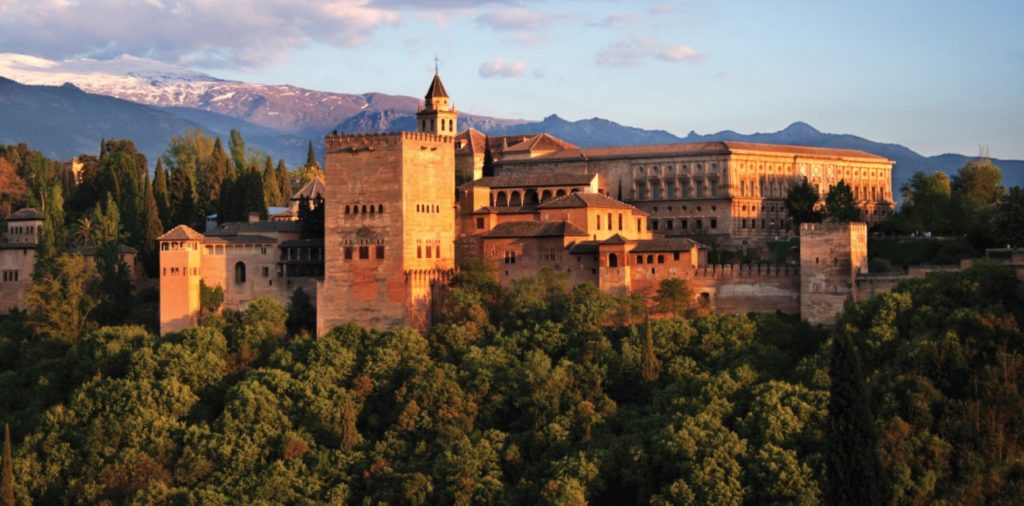
The PIMo Core group would like to reassure you that we are finalising the activity plan for the second year of the project and that we have a busy schedules of events planned for the period between January and the end of March 2021. We have been liaising with the COST office in Brussels to secure approval for our budget and our future activities. We will, of course, inform you of our plans in the coming weeks and months, but for now we are delighted to announce that we have issued the Call for Papers for our Second Annual Conference, scheduled to take place in Granada, Spain, January 28-29.
The Conference will explore the theme of ‘Paper: Material and Semiotic Mobility’ and full details of the call can be found here: Call for Papers.
We would strongly encourage proposals from across all our working groups and look forward to a productive and stimulating conference in the beautiful setting of Granada.


